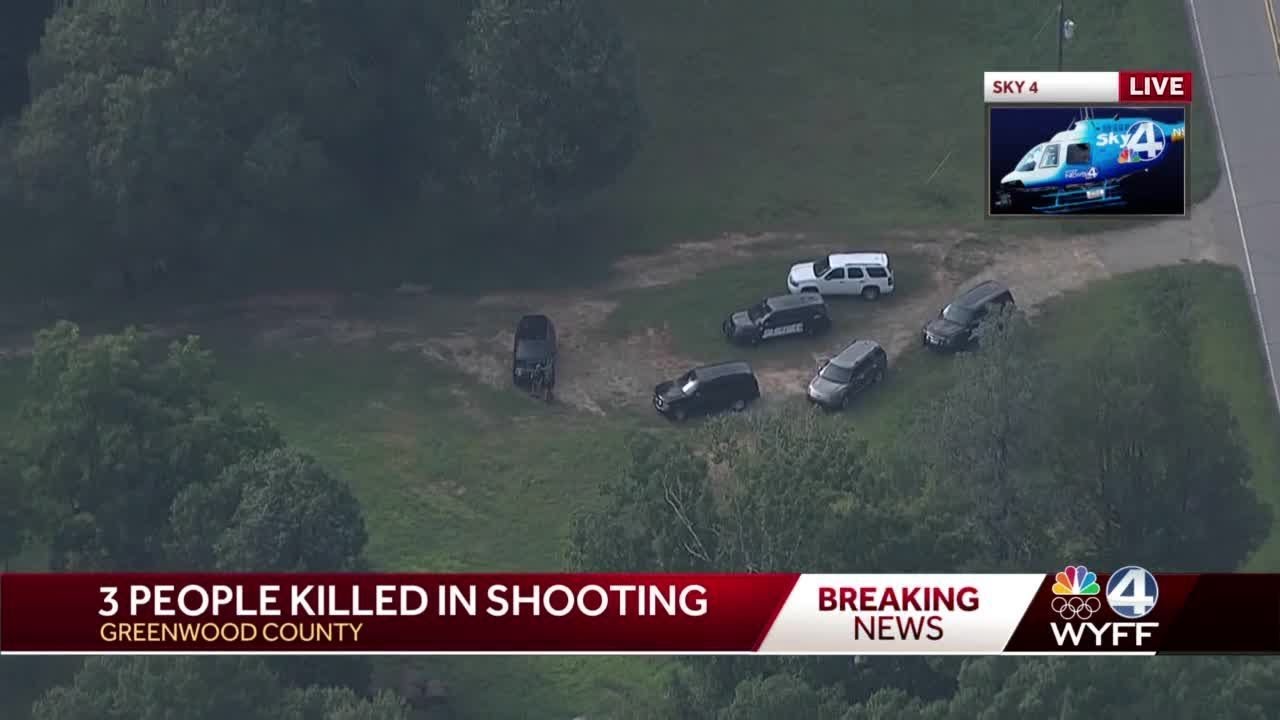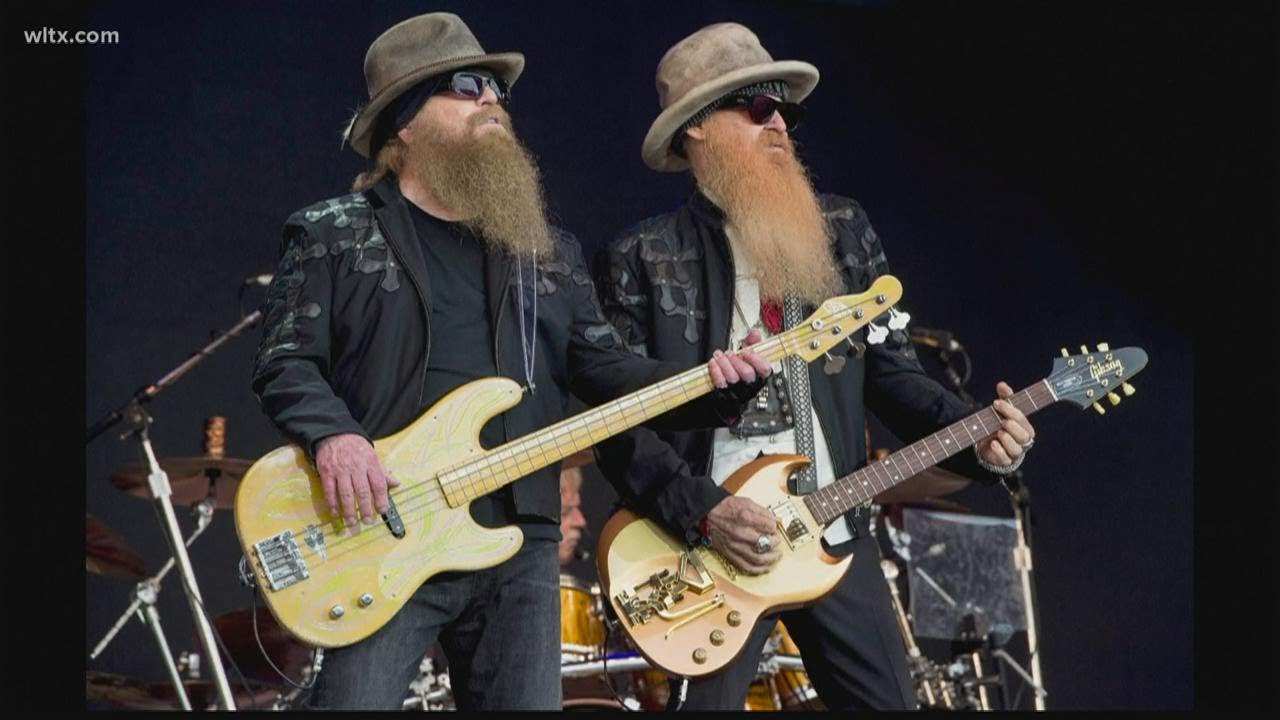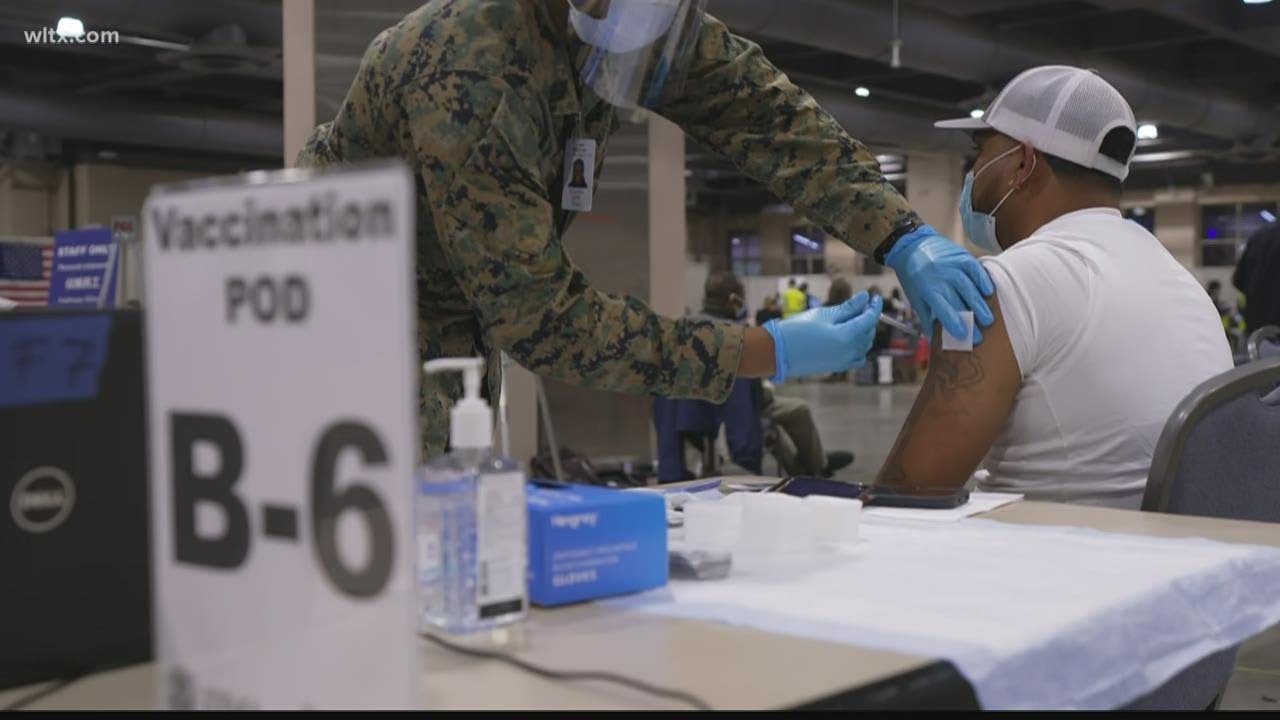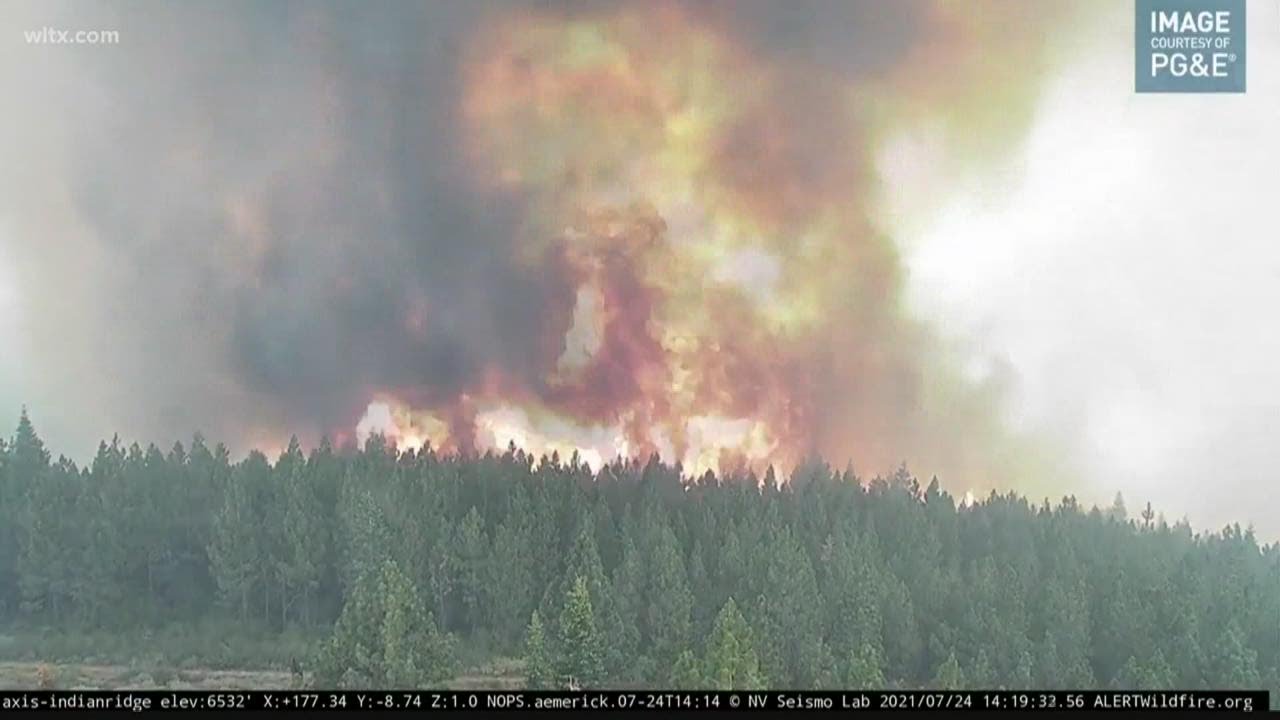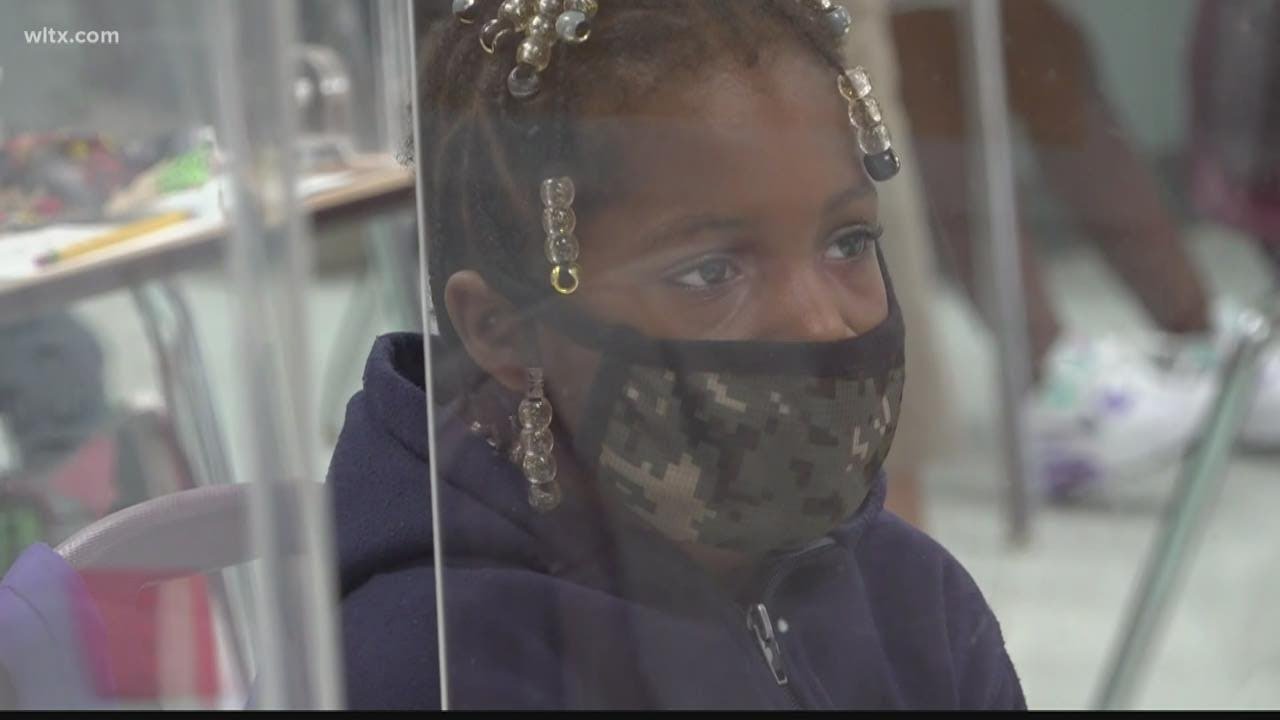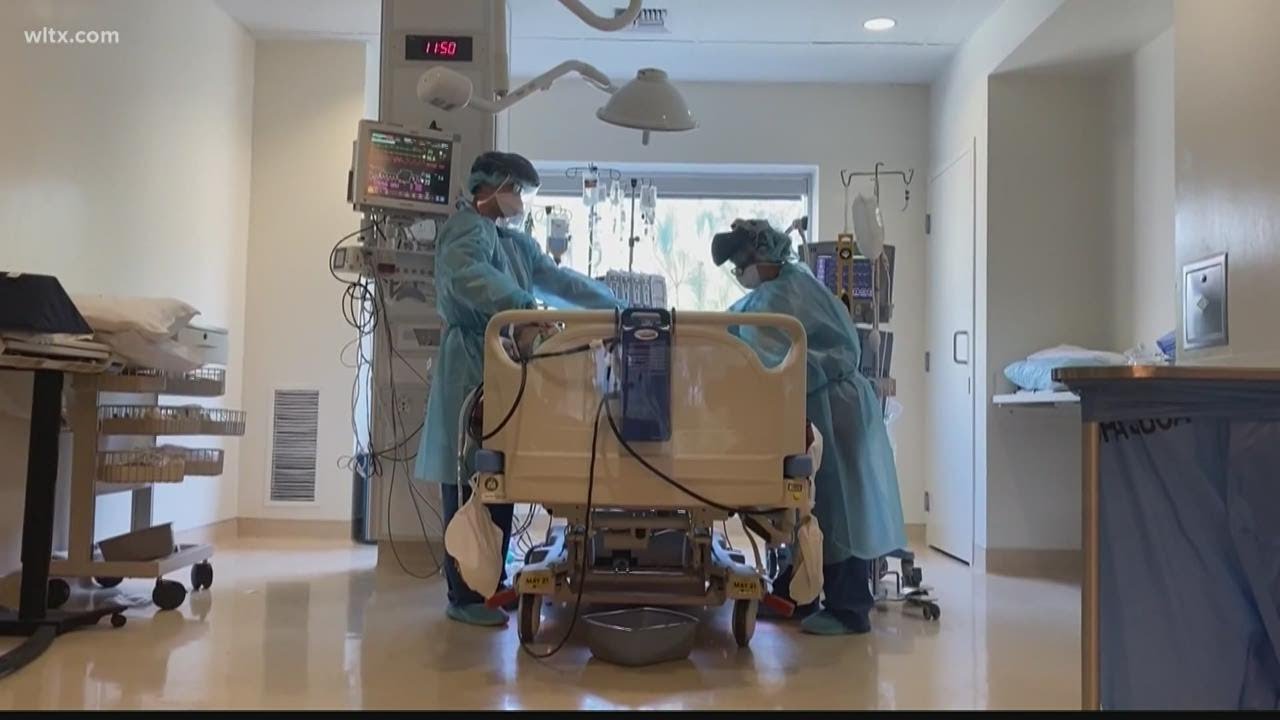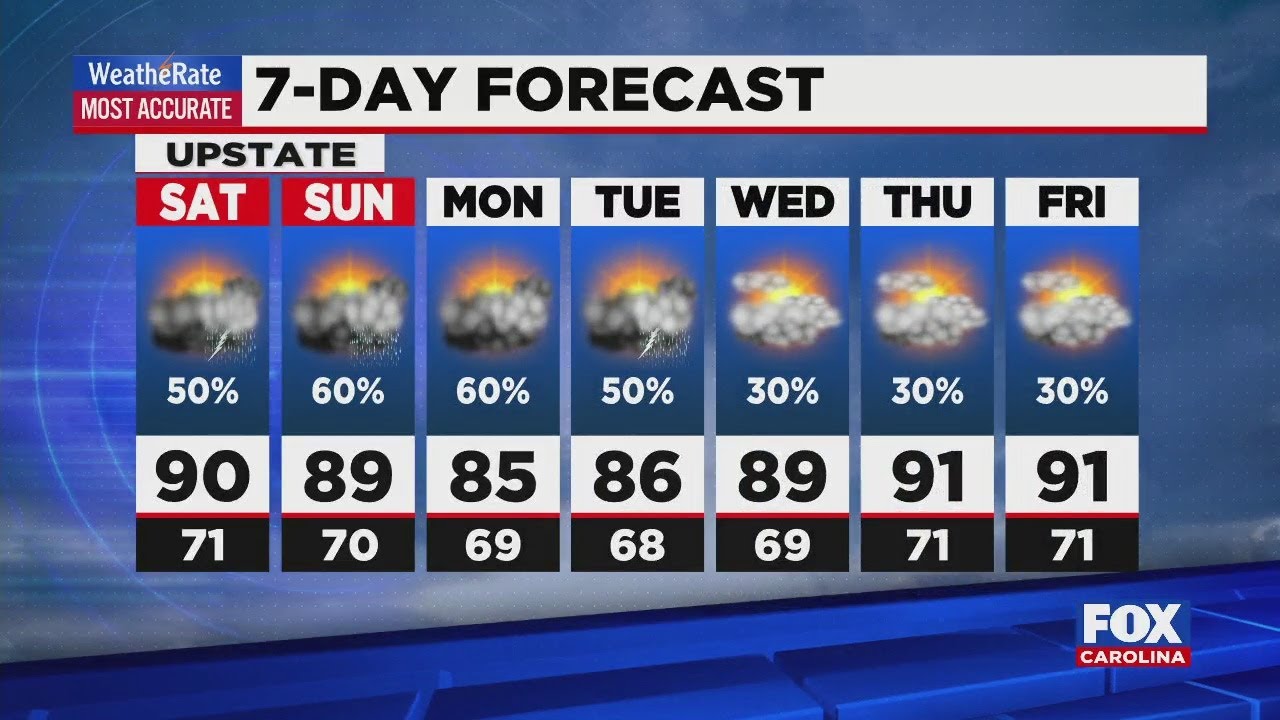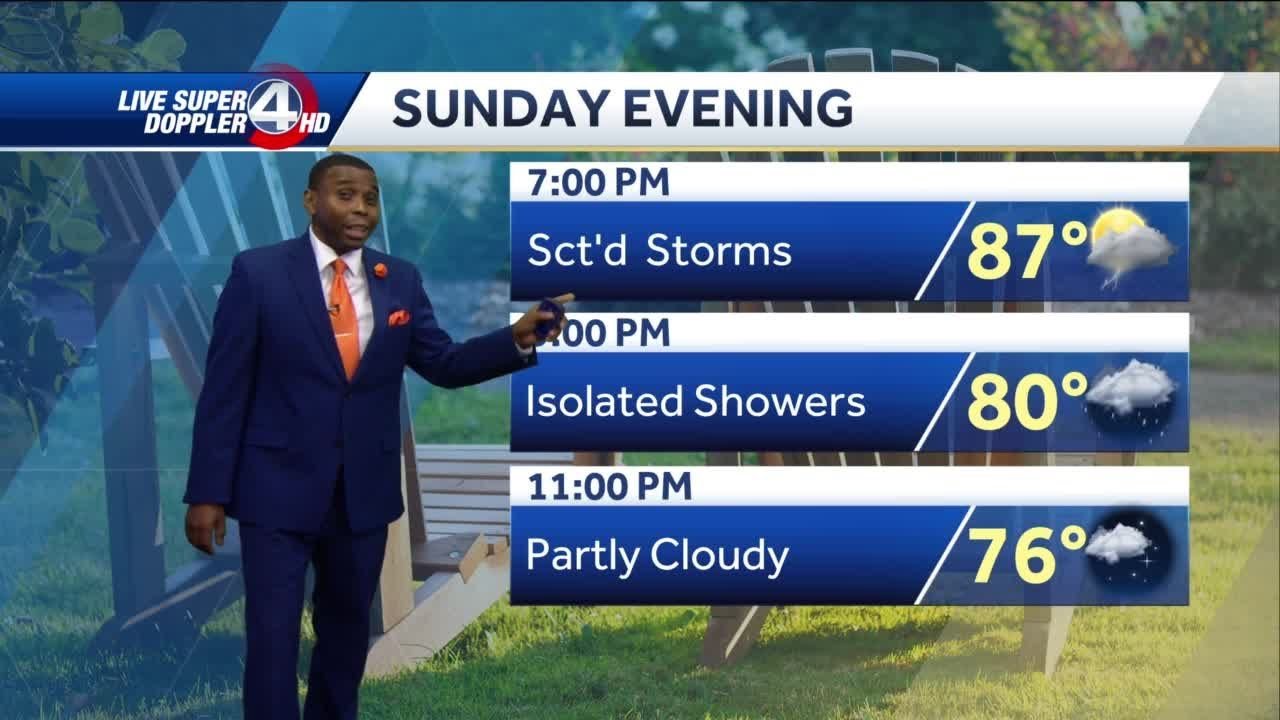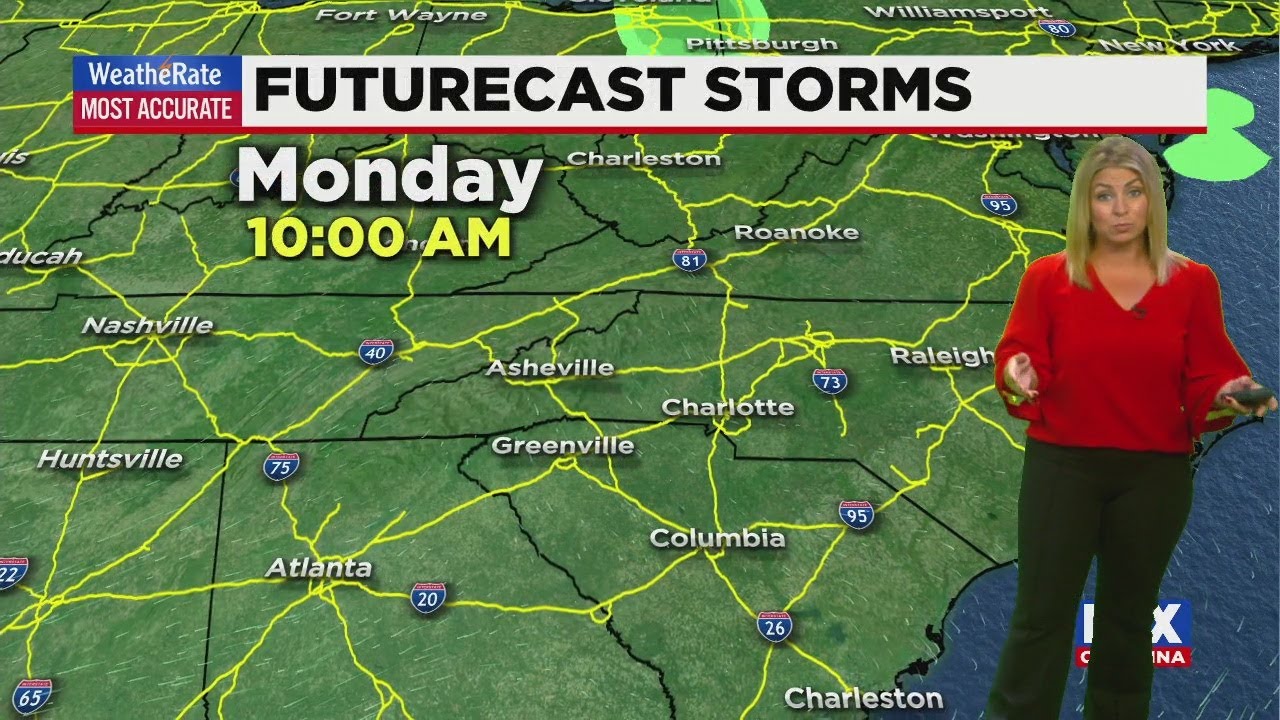Even as the city mourns lost greats and its clubs are silent, musicians have taken to the streets with a special kind of concert
At the corner of Frenchman and Royal, in the heart of New Orleans’ Marigny neighborhood, the silence is chilling.
On any normal day, in any normal time, this once busy intersection and its row of jazz clubs would pump drum beats and piano flourishes into the open, on to streets lined with people.
But now the boarded-up venues tell their own stories of tragedy.
At the Snug Harbor Bistro, one of the landmark clubs in this city that gave birth to jazz, a black wreath is hung from the entrance. It marks the passing of master pianist and jazz pioneer Ellis Marsalis, who died earlier this month after contracting Covid-19, aged 85.
“He will forever stand as a foundation pillar of the Snug Harbor musical legacy,” reads a small sign taped to the window, “His reach as a teacher is endless among generations of students who will continue to play our stage.”
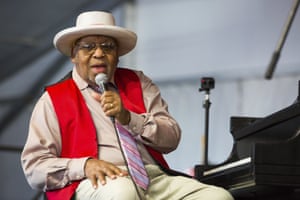
In an indication of the speed and ferocity with which coronavirus has ravaged New Orleans, taking 632 lives here by the latest count, an outdated gig poster is still tacked to the adjacent window, showing that Marsalis and his youngest son Jason, a jazz drummer, had been scheduled to play here on 27 March. New Orleans’ stay at home order has been extended until 16 May.
The emptiness on Frenchman Street is illustrative of a city lamenting the loss of its culture of live music. Musicians who have performed for decades at these venues are now cooped up inside, rehearsing alone, hit hard by the loss of revenue and the elation of performing in front of crowds. Mourning those giants of the scene that were taken by the virus.
And yet, for all the pain and the quiet, it is impossible to completely drown out melody here. Many musicians in the city have adapted to the temporary silence by holding online gigs, mobile concerts and internet recording sessions. It is still possible to hear the sound of a lone trumpet emanating from a home or a violin echoing down streets.
“Numb, I guess that’s the word,” said Derrick Freeman, a snare drummer and band leader with Soul Brass Band, as he tried to describe the feeling of losing his ability to play live and interact with an audience in person.
He recalled the day, Sunday 15 March, when his phone erupted with notifications of gig cancellations. “I woke to the email notifications. Sixteen in a row.” he said. April is one of the busiest months in the year for performers in the city: festivals, weddings, shows packed with tourists. All are lost sources of revenue, forcing many to rely on music foundation assistance and to claim federal unemployment benefits.
Freeman, a mainstay on the scene here, is one of many musicians of his generation mentored by Marsalis. .
“Ellis is one of the main reasons I ended up in New Orleans. He basically recruited me out of high school, one of the first people to hire me to play. It’s been a rough week. A tragedy,” he said.
On one recent humid afternoon, a few hundred feet from Frenchman Street, the distinguished vibrato of a single violin reverberated off wrought-iron balconies and the wooden facades of shotgun homes.
In a marker of the creativity that punctuates life in this city, two young women, violinist Anna Roznowska and pedicab driver Sarah Grant, have taken matters into their own hands and begun performing mobile concerts.
With Grant pedalling and Roznowska seated in the carriage, improvising a series of soaring riffs, the mobile concert wove through the streets of the Marigny, drawing people on to their doorsteps, their front lawns and the roadside, all standing at safe distances and listening.
“New Orleans has never been so quiet before,” said Roznowska “You can strum a few notes and they go so far. They echo.”
Like most other musicians here, she lost much of her income as soon as the pandemic struck. She had performed every day as a street musician, relying on tips from tourists in the city’s Jackson Square. Grant, a full time pedicab driver, also lost her livelihood when the tourist industry evaporated overnight in early March.
“When they come through it’s just this refreshing reminder of what this neighborhood usually feels like,” said Scott Heath, a literature professor, who came out on to the street to film the pair on his phone. “Usually here you can close your eyes any time of the night and hear music coming from somewhere.”
Other local musicians have taken to online shows and shared internet recording sessions to receive tips and continue to create while on lockdown.
Micah McKee, a singer-songwriter who gigged about four nights a week before the pandemic, is essentially now locked inside, his asthma making him especially vulnerable to the virus. He records his own guitar and vocal tracks before emailing them to his bandmates to add their parts, and then mixes them together.
When New Orleans edges closer to normality, he expects a creative outpouring.
“Whenever we’re back, we’re going to be hitting it hard,” McKee said. “People are going to be so pent up and ready to dance. This has got to be, already, the longest time in New Orleans history that musicians have gone without jamming together.”


